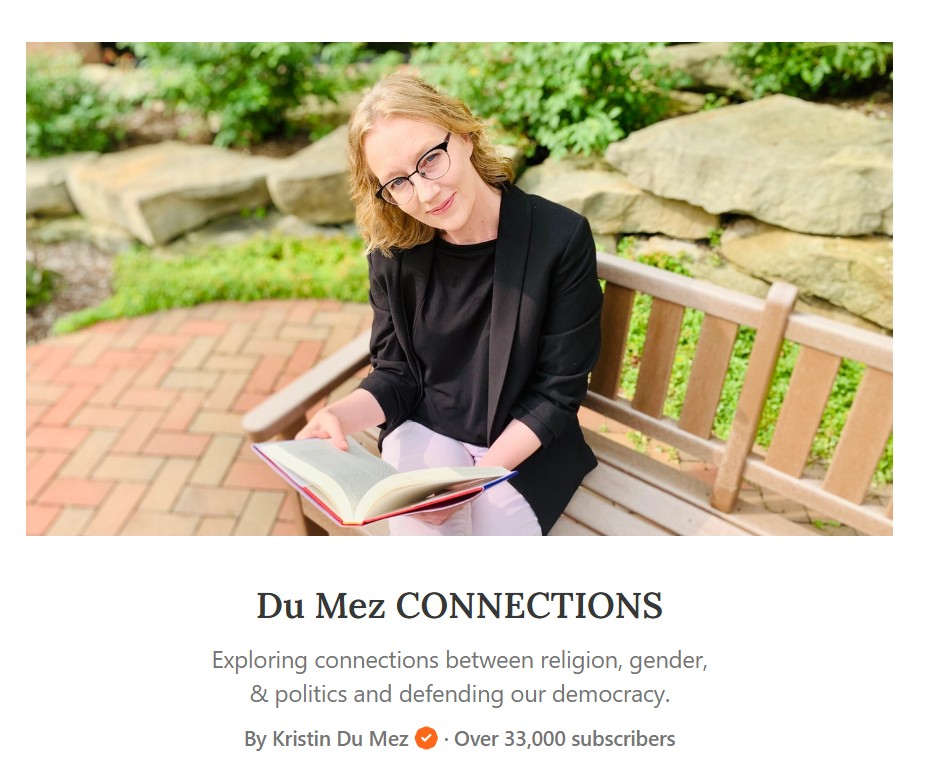It was more than a decade ago, but I still remember that moment vividly. It was one of the few times in my life where I found myself genuinely speechless. My husband and I had been visiting a church near our home, which happened to be pastored by my former childhood pastor.
My childhood church was fairly large, and I’d had little personal connection to this pastor. He’d been a respected authority figure, a friend of my dad’s, a genuinely warm and encouraging spirit but not someone I’d interacted with much. My own involvement in church consisted primarily of Sunday school and Calvinettes, as my church girls’ group was called back in the day. (The name has since been changed to GEMS; whether this constitutes an improvement is a matter of debate.)
But here I was, standing in the church lobby after the sermon, and my former pastor approached me with a big smile and friendly handshake. My reputation must have preceded me, because he was brimming with excitement to tell me that he thought that I, especially, would be happy to know that in this church, all offices were open to women.
Happiness wasn’t my primary emotion upon hearing this news, though. I was shocked. I suppose I must have mumbled some sort of pleasantries, but internally I struggled to make sense of the fact that my former pastor—the pastor who had led my own church during the formative years of my young adulthood—was proud to tell me that he now pastored a church that affirmed women’s leadership. Because my childhood church most certainly had not, and still to this day does not.
My church had not only prohibited women from ordination and preaching, but also from the offices of elder and deacon. In fact, growing up we didn’t even have female ushers. Instead, women could be found tending to children in nursery, teaching Sunday school, and helping in the church kitchen.
The church was an imposing structure in our community and an authoritative presence in my life. It loomed large as the source of truth—of God’s truth. It never occurred to me to question that truth. I wanted to be a good Christian, and the church offered me a blueprint. As a girl, it was clear to me that certain paths were off-limits, and I accepted this as truth.

The problem was, the paths the church offered me weren’t all that compelling. Calvinettes was a cliquish group that seemed more about reinforcing local pecking orders than about growing into a more mature faith life. We sang praise songs and earned badges without ever really acquiring meaningful skills (maybe it was just me), and we learned how to apply makeup and moisturizer from the Mary Kay lady who shared free samples with us and invited us to purchase products that I could not afford. Needless to say, despite our group’s name, we girls never ventured to explore the teachings of John Calvin—for better or worse. I doubt that any of our leaders would have been inclined or equipped to do so.
But the thing is, I would have loved that. I took my faith seriously, and for me, my spirituality wasn’t limited to singing praise songs and praying fervently—although I did those things. I was always interested in theology and church history. My spirituality was always connected to my intellect; it was how I was wired. But it never occurred to me to study theology when I attended the Christian college just down the road from my home church, even though my dad was a professor of theology there. Because what point was there in that?
Instead, I decided to study religious history and philosophy. I leaned into the intellectual side of the faith in a way that seemed permissible and appropriate. Looking back, I can only imagine that, had I grown up in a church context that affirmed women’s religious leadership, seminary would have been an obvious choice for someone like me. But I never once considered the possibility.
Instead, I became a religious historian, a job that suits me well. I’d rather be a historian than a pastor, so no regrets there. And yet, there I stood, struggling to come to terms with the fact that I had had no idea. I’d had no inkling that my own pastor—the most revered member of our community—affirmed women’s ordination. I doubt any of the other girls in my church knew. Did any adults know? Did the austere elders and deacons who somberly entered church together, clad in their best suits on communion Sunday, know that our pastor thought that women were allowed to do that, too? Was the question ever even entertained? I have no idea.
Having studied religious leadership over the years, I’ve heard many reasons for why a pastor might want to avoid disrupting a church’s status quo—reasons that have to do with the nature of ministry and the role of a pastor. I’ve heard plenty of language about maintaining the unity of the church, of seeking peace rather than division, of meeting people where they’re at, and the like.
And yet, this reticence comes at a cost. It comes at a cost especially for those with little power. For girls who never knew. But I think it also comes at a cost for the men who have wielded authority, unchallenged in their confidence that by withholding authority from others, they were doing the Lord’s work.
It was only as a historian researching women in American Christianity that I encountered example after example of orthodox, Bible-believing Christian women and men who refused to believe that religious authority was restricted to men. I ended up writing my first book on the topic. Even after having immersed myself in this research, however, I didn’t yet have the confidence to abandon the truths I had inherited. It wasn’t until after I was married that I was forced to confront this on a personal level. I was attending a church in upstate New York at the time, and, in recognition of my gifts in teaching and leadership, I was asked to serve as an elder. I told the pastor I’d need to think about it. Only reluctantly, and after much consideration, did I agree to serve. But even as I was being ordained as elder, I prayed that I would be forgiven if I’d gotten this wrong.

Perhaps surprisingly, given my line of work, I’ve reflected on my personal history only rarely. I’ve moved on. Only recently have I found myself revisiting this story and turning it over in my mind. I have Beth Barr to thank for that. Because Beth, too, stayed silent about what she knew about women’s religious authority. As a medieval historian who spent her days researching the history of Christianity and poring over countless medieval sermons and numerous biblical translations, she came to realize that the complementarian teachings she had learned as a Baptist woman didn’t mesh with the history she knew.
She knew that Paul recognized ten women in Romans 16, seven who were recognized for their ministry, one of whom—Phoebe—is identified as a deacon, and another—Junia—as “prominent among the apostles.” She knew, too, that women’s leadership in the early church had been obscured by English Bible translations, and that most seminary textbooks ignored this history. Even so, she remained quiet about what she knew. She submitted to her own church’s rules that restricted her teaching in adult Sunday school. She stayed silent because she didn’t want her husband, a pastor, to lose his job. She stayed quiet because she didn’t want to lose friends, or to lose their ministry. But it was more than that, she admits: “Complementarianism rewards women who play by the rules. By staying silent, I helped ensure that my husband could remain a leader. By staying silent, I could exercise some influence. By staying silent, I kept the friendship and trust of the women around me. By staying silent, I maintained a comfortable life.”
Like me, it took time for Beth to come to the decision to act on what she knew. For her, acting meant breaking her silence and telling others what she has long known to be true. Her book The Making of Biblical Womanhood releases next week, and it is already causing a stir in evangelical circles.
The reason the book is causing such a stir is because so many others before her decided to keep silent. Women and men, pastors and leaders. But by choosing comfort over conflict, they ended up propping up a house of cards, and the costs of this pursuit of false peace are only beginning to be counted.
First Published. “The Cost of Staying Silent.” Anxious Bench. Patheos.com. April 15, 2021. https://www.patheos.com/blogs/anxiousbench/2021/04/the-cost-of-staying-silent/


